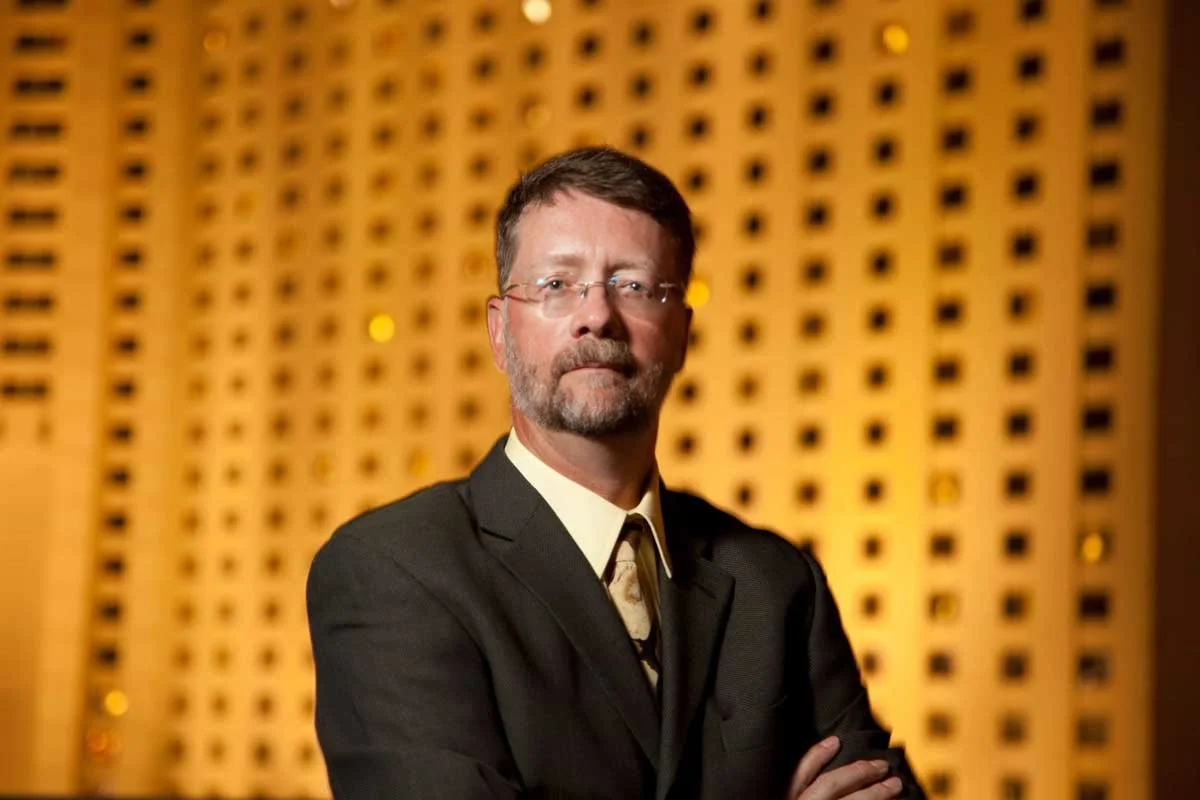Biography
Tien Tzuo is a Taiwan-born American tech entrepreneur. He is the founder, chairman, and CEO of Zuora, and prior to that was chief strategy officer of Salesforce. Tzuo was born in Taiwan, and when he was 3 years old his family moved to the Flatbush section of Brooklyn. His parents were psychology professors, and his father also worked as an importer-exporter and in real estate.
In 2007, Tzuo left Salesforce to launch Zuora as its founding CEO. The California-based enterprise software company creates and provides subscription management software to help other companies with their subscription-based services. Within a few weeks of its initial public offering on April 12, 2018, Zuora was valued at over $2 billion, and Tzuo's 10% stake in the company was worth an estimated $193 million.
Tzuo's book Subscribed: Why the Subscription Model Will Be Your Company's Future - and What to Do About It, written with Gabe Weisert, was published by Portfolio on June 5, 2018.
The Most Significant Impact On Your Business
With an entire chapter in his book, Subscribed, dedicated to the income statement and the changes that can be made to account for a subscription business, we didn’t have near enough time to dig into this topic. Here are a few important points to consider along with an example of a “subscription” income statement.
How GAAP and the Income Statement Changes
The traditional income statement doesn’t differentiate between recurring and nonrecurring dollars
Sales and marketing are matched to past goods sold
It is a backward looking picture, not forward looking
Collection of Interview Questions
These questions and detailed responses from Tien Tzuo are all available in the audio of the show.
Early on in the book, you write:
We prefer outcomes over ownership, we prefer customization not standardization, we want constant improvement not planned obsolescence, we want a new way to engage with businesses, we want services not products.
By the end of ownership you don’t mean some utopia where there’s no property, right? Talk about the end of ownership.
Ron and I have been having a lot of fun applying your concepts to professional firms. We’ve talked about how most firms now sell a rival asset—the billable hour—to selling a nonrival asset, such as knowledge. What are your thoughts around applying the subscription model to nonrival assets?
Do you make a distinction between an “outcome” and an “output”?
One of things we hear over and over is “I see how architects, lawyers, etc. could do this…I see how any other business beside me could do this.” Are there some exercises or questions you like to plant to get people thinking differently around the topic of Subscribed?
There’s a concept you talk about in the book, swallowing the fish, which is when my revenue curve dips temporarily below the operating expenses curve as people transition to subscriptions. In your work with professional firms, does this apply more, less, or the same than those that sell traditional product?
What can we learn from the lessons from some of the oldest subscription companies—The Financial Times, The New York Times, Wall Street Journal, The Economist, all made the transition from the physical to online. What can we in professional services learn from this, since they were going from subscription to subscription (physical to online)?
Does Zuora have professional firms in its customer portfolio?
I want to run this analogy by you. I look at the medical profession, some of which are transitioning to a Concierge model—similar to a boutique—or a Direct Primary Care model, which has more volume. Does Zuora have medical practices in your customer base at Zuora?
What intriguing about this model is your selling insurance, so customers are paying for access, which puts you more in an actuarial pricing model, and perhaps 10% of your customers might use your resources 80%, and the rest are happy to pay for access whether they use you or not, which is the interesting psychology of selling insurance. Does that play a factor in how you sell this model?
You talked about Deloitte in Australia and New Zealand, so let’s climb Mt. Everest and try to apply this to a Big 4 accounting firm, or a top 100 law firm. Would you see it across the entire group of services, or just some services with other services priced on some other type of model?
You wrote something in the book that I just love: “Focus on margin and efficiency come at the cost of the relationship between the seller and customer.” So many firms only look at the math of the moment rather than the lifetime value of the customer.
The idea that we can subscribe to an automobile is fascinating, but you also talked about airlines and how 200 million frequent fliers are up for grabs. How do you see the major carriers adopting a subscription model, at least for their top fliers.
When you list all the advantages of this model, the one that hit home is how it breaks down silos. Many firms speak of being “one firm” but it’s not the case. This model really does break down the silos, doesn’t it?
I would imagine you see much more innovation from the companies that have adopted this model [because they are more customer-centric]?
You talk about three different customer metrics, Recency (last visit), Frequency (how often do they visit), and Volume (how many articles read), in addition, are there other predictive indicators that you’ve ferreted out from your customer base of what predicts a customer won’t churn, or will keep engaging and remain loyal?
I loved how you took GAAP to task for not being able to report on this model, and some of the new wording you presented. What’s been the feedback from CFOs on this new income statement and its presentation? [See example of this new income statement below].
What does Zuora do, what do you offer?
Are you applying any Artificial Intelligence to your offerings?
Do you offer consulting to help firms with the change management to help them make this transition?
In Summary
Don’t dismiss the subscription business model because you don’t think it would work for your business. Tien shared several examples from industries that might not feel like a good fit. It is worth exploring. If nothing else, read the book which made both Ron and Ed’s “best of 2018” lists.







